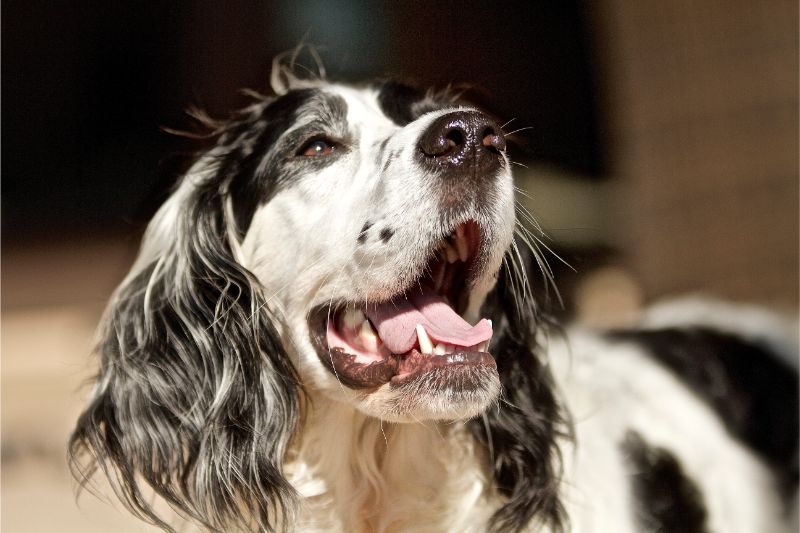
Has your pet entered their Golden Years? Maybe you have noticed a little gray on the muzzle of your fur baby, or that they seem to be moving a little more slowly than in years past?
Just as in humans, pets who are aging need a few adjustments in their environment to help keep them comfortable. But with better pet nutrition, more access to advanced medical care, and our better understanding of what pets need to stay healthy, we can all give our senior pets the happy golden years they deserve. Read on to find out how.
Senior Life Stages
We’re often asked, “at what age does my pet becomes a senior?”
Generally speaking, most pets reach senior status at about age 7 – but this varies greatly based on breed and species. Your veterinarian can help you determine when your pet has reached this life stage and prepare you for what lies ahead – one of the many reasons annual preventive exams are important.
Early Detection of Disease
You may already know that pets age much faster than humans. We like to see senior pets twice a year after they reach the senior life stage in order to monitor age related changes.
We get a lot of information from a physical exam. Lab work and other screening tests are another way to know if your pet is healthy. With screening tests, we can often detect and treat small problems early, rather than waiting for them to develop into full blown disease. Early detection means better outcomes for your pet, and less of an expense for you.
Some age related conditions we can often catch early with screening tests include:
- Diabetes
- Cancer
- Hypothyroidism
- Hyperthyroidism
- Dental disease
- Addison’s disease
- Cushing’s disease
- Cataracts
- Heart disease
- Hip dysplasia
- Arthritis and joint disease
- Kidney disease
- Liver disease
Sometimes pet owners chalk up their pets’ slow down to old age, but the truth is that many pets are suffering from pain and discomfort that can be easily remedied with simple treatment.
Remain Vigilant
Pets, and cats in particular, are masters at hiding signs of discomfort. It’s important to pay attention to behavioral changes that your senior pet may be exhibiting.
Watch for the following in your aging pet:
- Hiding more than usual
- Changes in weight (especially weight loss)
- Drinking more or less water than usual
- Urinating more often than usual
- Messy eating
- Foul odor
- New lumps or bumps
- Difficulty rising or moving around
- Brittle coat/ hair loss
- Seeking more attention than usual; “neediness”
- Disorientation
- Persistent cough
Creature Comforts For Your Senior Pet
Caring for a senior pet may mean making some changes to your home environment to better support them. As an owner of a senior pet, focus on two main areas: safety, and comfort.
Older pets tend to be less agile and nimble than in the past, but they don’t always realize it. They are more likely to slip on floors, stumble on uneven ground, or fall down stairs. Don’t put your senior pet in precarious situations, even if those situations didn’t seem risky in the past.
Give your senior pet some creature comforts with the following ideas:
- Provide a few different cozy sleeping spots to keep older pets warm
- In hot weather, make sure your senior pet has access to cool spots, and indoors with air conditioning is preferred
- Move food bowls and water bowls to within easy reach, avoiding stairs and having to jump up to access them
- Evaluate your cat’s litter box to ensure she can get in and out easily
- Use ramps to help your older dog get into and out of the car and up and down stairs
- Keep a stable, predictable routine of feeding, bathroom breaks, and exercise to avoid anxiety
- Groom your senior pet regularly, and keep her nails short
- Provide plenty of TLC, petting, and brushing – your time and attention goes a long way toward improving senior pet well being and health
If you worry that your pet is in pain for any reason, please contact us today. Veterinary medicine has many good options for managing pain in pets, and there is no reason your pet should be uncomfortable.
We are your veterinary partners in compassionate senior pet care, so please don’t hesitate to contact Clairmont Animal Hospital with any questions or concerns!

